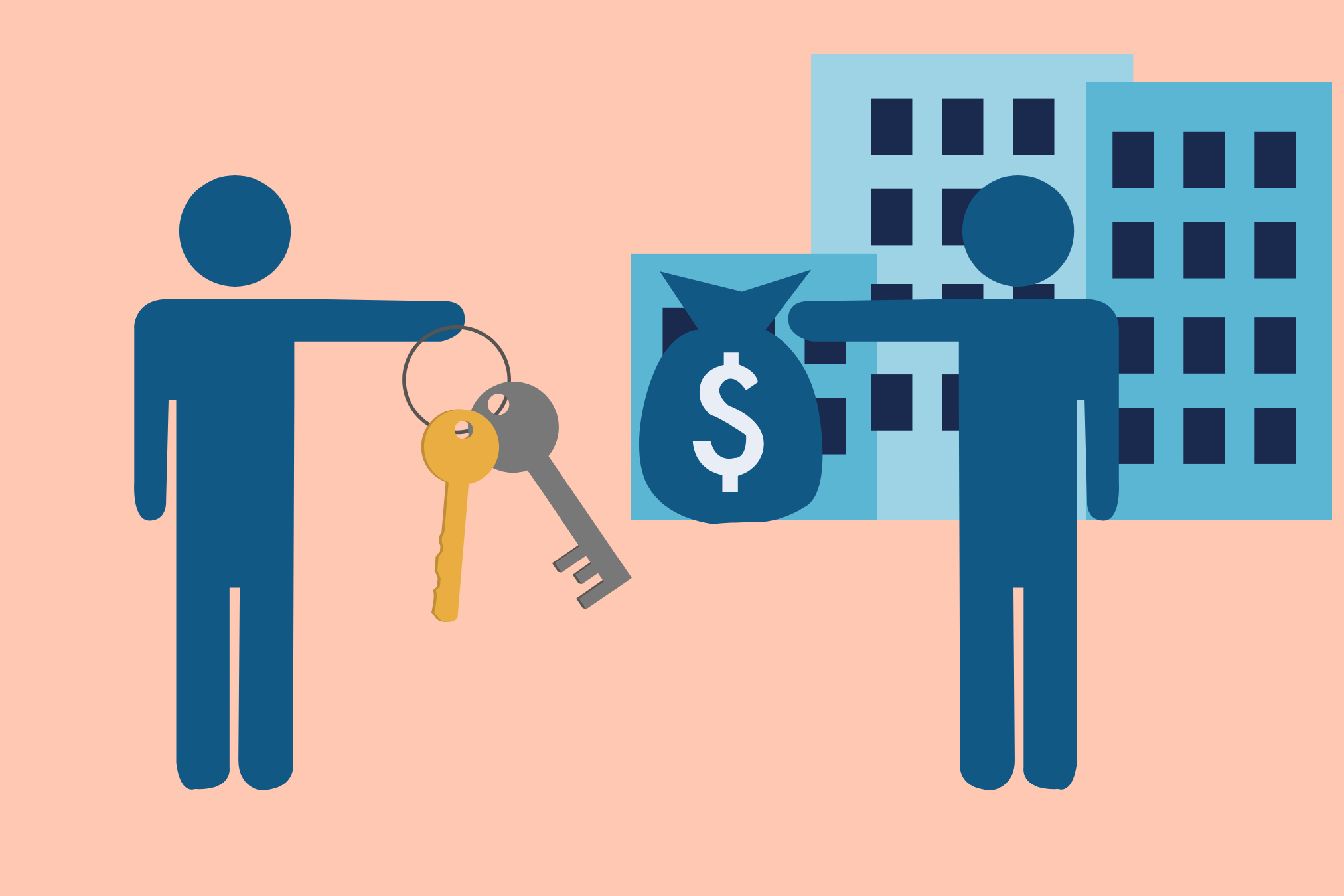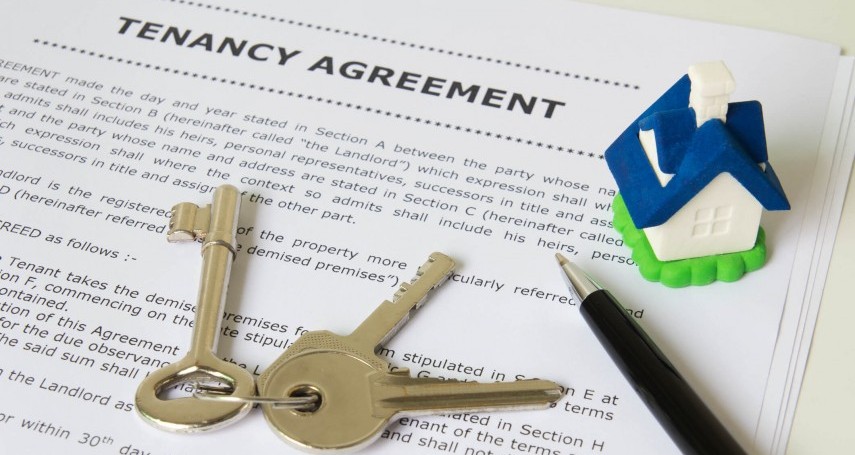


It’s possible to go it alone as a landlord and manage your properties yourself. But employing an expert property manager as your intermediary can save you a lot of headaches in the long run.
While it will cost a percentage of your rent, a specialist property manager can actually maximise your rental returns, simplify your responsibilities, organise all the paperwork, maintenance and inspections, find tenants and liaise with them and use their experience to minimise any potential problems.

All landlords should ensure they are familiar with their rights and responsibilities under UK law. The landlord tenant relationship is governed by multiple legislation.
Most of which are intended to hold the Landlord responsible for the security and safety of any rented property and its fixed appliances and contents, which extends to areas like maintenance and even health. Skimp on safety and you could find yourself in court.

Whether or not you decide to use a property manager, you must ensure all tenancies comply with current legislation and are correctly documented in writing.
Good, efficient communication is key to a successful tenancy. If you have special requirements for the care of the property during the tenancy make sure these are communicated to your tenants and your property manager in advance.

It has been usual to collect a security deposit to be held against claims for damages at the end of the tenancy. Many Landlords, since the changes in legislation in June 2019 are choosing to take out insurance against the tenants damaging the property instead of a financial security deposit.
Legislation covering the holding of financial deposits is now onerous and it is easy for a Landlord to slip up and overlook part of the registration. The penalty for mistakes are financially heavy.

Professional Landlords and well kept properties are more likely to attract good Tenants.
Once you have good tenants, do your best to keep them by ensuring the property is well maintained, being reasonable about any rent increases and making sure any queries are addressed promptly.

While a deposit may cover small amounts of damage or loss of rent, landlord insurance covers most risks that can be associated with renting out a property and that don’t fall under a normal home and contents policy.
Not all landlord insurance policies are the same so work out which one might suit your particular situation best.

Rental properties are an investment so most landlords want to maximise their rental earnings.
You should keep an eye on market rents, choose a desirable area in which to invest and make sure your property is well maintained.